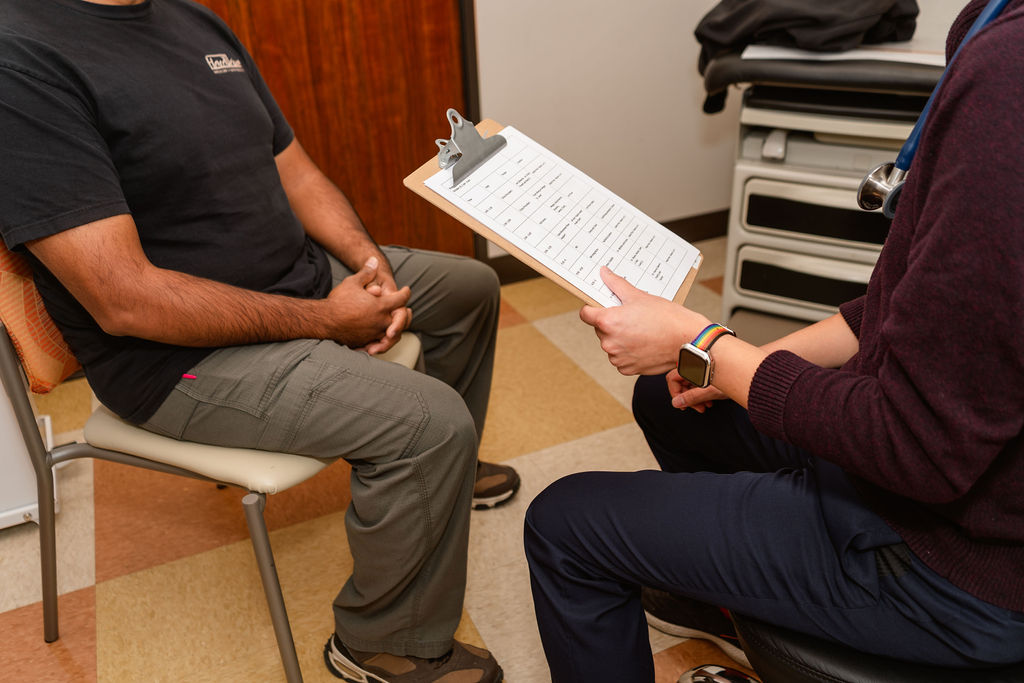Health Services
Northern Nevada HOPES (HOPES) has many services to help you take care of your health. To use any of our services or programs, you need to be a HOPES patient. Telehealth options are available for selected services.
Find Services
Paying for care
HOPES takes most insurance plans, Medicaid, and Medicare. HOPES also cares for uninsured patients. If you don’t have insurance, we use a sliding fee scale which adjusts cost based on what you can afford to pay. Our team meets with all new patients to make sure they can get the care they need.

title x sliding fee scale
The Title X family planning program is a critical part of America’s public health safety net, serving as a point-of-entry into care for nearly 195 million people over the program’s more than 50-year history. At Northern Nevada HOPES, we’re proud to offer services through the Title X program, including a sliding fee scale to ensure that high-quality family planning care is accessible to everyone, regardless of their ability to pay.
